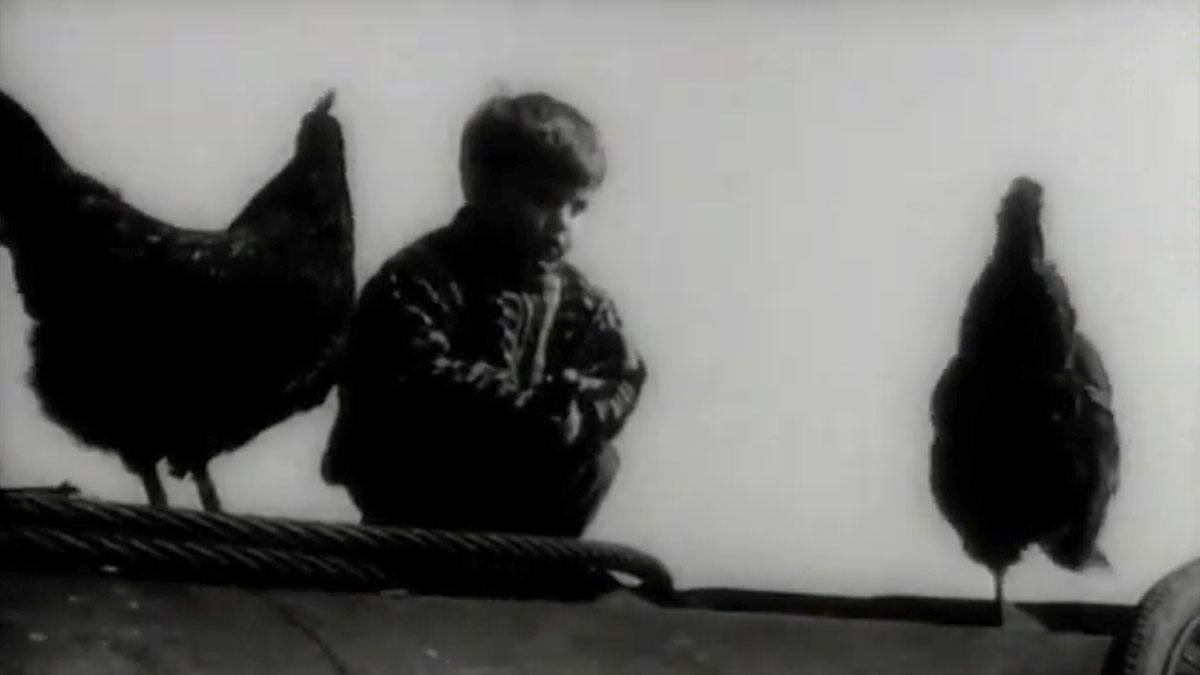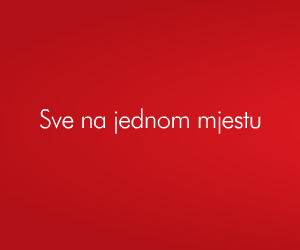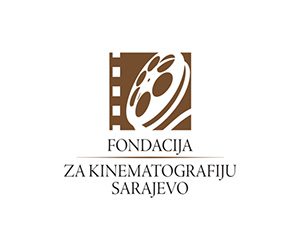
27/09/2023
Films from the Past – Take a Look at the Wealth of BH Film
The Mediterranean Film Festival is screening seven short documentaries, masterpieces of domestic cinematography created between 1956 and 1988, within the off program ‘Film Centre Sarajevo’.
Documentary film ‘Kravica Watermills’ from 1956, directed by Živko Žika RIstić, shows a small village in Herzegovina and its major problem - water shortage. Vlado Balvanović talks about breeding thoroughbred Arabian and Bosnian horses in the mountain stud farm Borike situated at the same name plateau in his film ‘At Stud Farm’ from 1957.
By comparing two cities, the old, calm and the new, dynamic one, interwoven with contemporary elements of civilisation, the director Milutin Kosovac presents everyday life in this city in the film ‘Vukovar’ from 1965. ‘Some Other Hand’ is the title of the documentary by Vefik Hadžismajlović from 1967. This film conveys the tragic stories of children forced through no fault of their own to live their life without parents. It follows the meeting between the children and their prospective adoptive parents.
In the film by Mehmed Meha Fehimović from 1969 we are watching young men jump into the fast waters of the Neretva from the Old Bridge in Mostar, performing skills and stunts, competing for the title of "Admiral".
The tragicomic story of the smallest village in Serbia, called Stevanac, in the film ‘Half the Village Gets Sick’ from 1977 by Ratko Orozović, begins on the banks of the Morava River. The village has only two inhabitants, Živka and Strahinja Jevtić, who defy life and sometimes themselves.
And the last film in this cycles is ‘Ramić Brothers Picture Frame’ directed by PEtar Ljubojev from 1988 brings a portrait of miners who, in addition to their hard work, have their own aspirations. Although uneducated, the Ramić brothers have a developed political awareness, which they present at events for miners in order to unite them. But after frequent strikes, there is a fear that they will lose the job for which they gave their health and life. A strike for a miner represents "a disorder in which a man is no longer a man."
As a legal successor of the Bosnian-Herzegovinian cinematography (Bosna film, Sutjeska film, Studio film) Film Centre Sarajevo takes care of preserving the film heritage through archiving, restoration and digitisation of the archive materials. In the Film Centre Sarajevo catalogue there are more than 70 feature fiction films, over 600 documentary and short films and thousands of metres of film materials that witness of the assets of the Bosnian-Herzegovinian film, and of turbulent history of the country in the period between 1945 and 1992.


